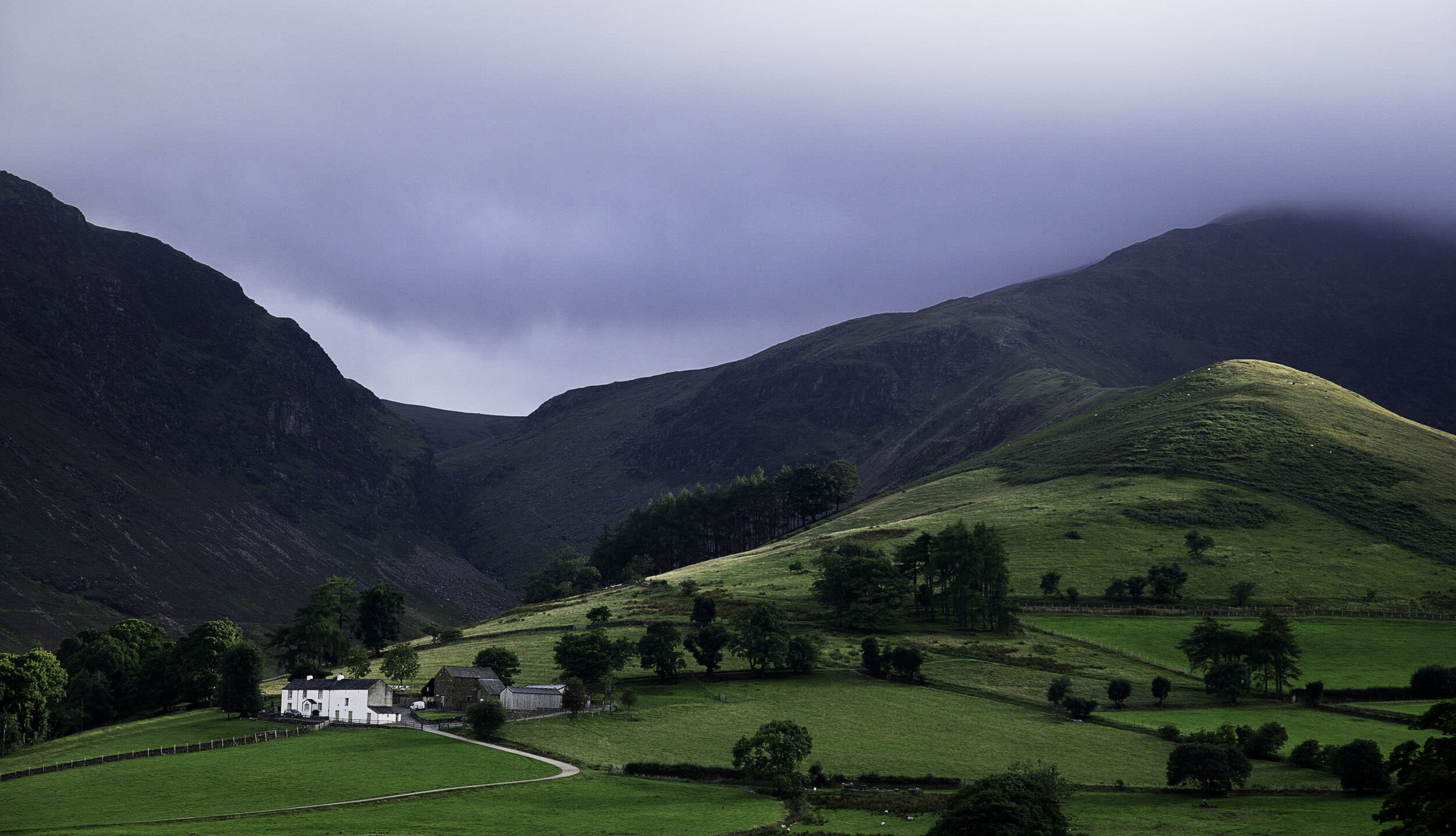Monocultures and the law: how our legal structures undermine our society’s response to crisis
Vicky Vanderstichele explores how our legal structures mirror agricultural monocultures and why that creates problems in our age of high volatility and crisis.
North Star Transition aims to accelerate systemic change, to move systems inch by inch to become regenerative. We identify key levers for change and support actions to pull on those levers.
We draw on systems theory, which proposes that the ultimate lever for change is to create the conditions for a shift in paradigms: the mind-set out of which the dominant system – its beliefs, goals, structure, rules, delays and parameters – arises.[1] But this is also the hardest lever to pull. Indeed, our society is completely out of practise in pulling this lever.
I had not grasped that the current fixity of mindset might not always have been as much of a challenge as it is today. The Dawn of Everything (2021), by David Graeber and David Wengrow, introduced me to a compelling argument that humans of the past were free in ways we now cannot comprehend.
They had the freedom to shape entirely new social realities, or to shift back and forth between different ones.[2] As societies became more complex, hierarchical and settled, this freedom gradually receded, to the point where a majority of people living today can barely comprehend what it might be like to live in a social order that they can shape.[3]
A good illustration of this problem is the English countryside. I used to love driving through rural landscapes, looking out at misty fields dotted with sheep or glowing with ripening wheat, hedgerows neatly delineating each crop and field, and farmhouses sitting in splendid isolation.
But now I look at it differently. I recognise the familiar landscape as an outworking of the narrow ideas by which my society lives. Our countryside is evidence of a failing farming system that has been built on maximisation of output. Our land speaks of privatisation, exclusion and extraction by fenced demarcation of properties. Across the canvas of our country, we can see the symptoms of an overemphasis on individualism isolated from communities.
Privatisation, exclusion, individualism – these are all abstract concepts. But they are made real if we simply look at our landscapes. And what is worse is that we can look at any landscape in the UK and see this – the effects are uniform and consistent. The effects are entrenched.
The spade that is often used to entrench these potent concepts is the law. I want to explore how our most fundamental legal concepts leads to this homogeneity and uniformity.
We will see that the resulting society, like an agricultural monoculture, is incapable of engaging with diversity, and therefore incapable of developing and evolving even in the face of radical social, political and economic shifts.
Our legal sclerosis needlessly limits our ability to reshape our society. How can we move forward from it?
A monocultured legal landscape
Farmers in the industrial system plant the same crop year after year. They force soils to grow food using artificial fertilisers, and to keep plants alive using toxic pesticides and herbicides. They follow the rules of a non-functioning approach to farming, even when the inputs bankrupt them, and they can see the land and water dying around them.
Likewise, lawyers have become restricted and inflexible, and the law itself less effective. A needlessly narrow range of legal structures are used commonly. This lack of diversity weakens and stupefies the legal system and exacerbates unfairness, exclusion, extraction and individualism by repeating it over and over. Worst of all, our monocultured law is inhibits our ability to reimagine our society.
Let’s start by exploring what legal species can be found in our monoculture, before discussing how their dominance impacts our ability to shape our society.
Shareholder ownership: The shareholder ownership model in the form of the limited liability company has come to dominate as the legal entity of choice for businesses. Companies House published statistics for 2024 which show that 92.7% of all bodies registered are private companies with limited liability.[4] The next most popular choice at 2.6% is private companies limited by guarantee. These statistics don’t include entities like co-operatives (as they are not registered at Companies House) but the latest report from Co-operatives UK shows that only 0.25% of businesses operating in the UK are co-operatives.[5]
Contracts: Contracts have come to dominate human relationships. Nearly every aspect of life relies on contracts, whether employment, rental, mortgages, utilities like water and electricity, access to technology, or financial agreements with banks and pension funds. This means that contractual obligations govern vast swathes of our society. These contracts, especially for consumers, are often pro forma and non-negotiable. Furthermore, we are increasingly turning to contracts to solve problems which, in their nature, are unsolvable by contracts (as will be discussed further below).
Freehold tenure: the private ownership of land is perhaps the most influential species in our legal monoculture. Today, our society’ main way of interacting with land is through individual ownership in perpetuity. Historically, we used a mixture of systems including common land and customary land use. These have been largely swept away, replaced by private, individual landownership. As a result, incentives and drivers have been narrowed such that land is now held to maximise return for the owner rather than considering ecological viability, long-term needs, community impacts or collective benefits.
Painting ourselves into a corner
The legal structures named above predominate particularly in the West but have been exported globally through colonial practices. Thus, they are globally prevalent.
Their prevalence means that, unfortunately, industrialised humans have been painting themselves into a corner for the last half millennium. We are forced to engage in only constricted conceptions of how we relate to each other and the world around us – we are living in a legal monoculture.
This is highly problematic. Monocultures don’t appear in Nature: an ecosystem where a species dominates to the exclusion of most others is woefully vulnerable to shocks, some of which are severe enough to lead to extinction.
I’m seeing the same impacts resulting from the legal monoculture.
Consider, for example, the evolution of banks over the past 150 years. In the 19th century, most banks operated as different types of partnerships or companies with unlimited liability. Over time, however, the banking industry shifted. By the end of the 20th century and into the 21st, nearly all major investment banks had transformed into publicly traded companies with limited liability.
Today, this widespread adoption of the limited liability model means that financial institutions are all subject to the same incentives and market pressures. To remain competitive from an investor perspective, banks now take on higher leverage, want greater complexity in their assets, and focus on shorter-term gains. The 2008 financial crisis, whilst being multi-faceted in its causes, made clear the risks of such uniformity: when all major banks behave in the same way, they become vulnerable to simultaneous failure, amplifying the impacts of a crisis.
In addition, monocultures are incapable of independently maintaining conditions of evolution and renewal. This is playing out globally and is reducing our collective ability to respond to or address the series of crises we are facing. The limited effectiveness of efforts to address biodiversity loss and ecosystem collapse are one example highlighting the limitations of our current legal system.
Take, for instance, our reliance on contracts. To attract investment, some environmental advocates have increasingly turned to contracts to govern the provision of what they call “ecosystem services.” Yet contracts are designed to bring certainty to private human relationships, whereas natural processes are inherently public, variable and unpredictable. Attempting to capture the complexity of nature in a contract would result in documents that are unresponsive to ground-level realities, as well as impossibly long and unwieldy. In effect, using contracts to manage nature undermines exactly what makes ecology resilient: its flexibility, adaptability, and diversity.
Around the world, governments are establishing contractual frameworks in hopes of encouraging investment in nature, but these instruments are fundamentally ill-suited to address issues that require responsiveness and nuance beyond what contracts can provide.
Private land ownership is also a significant barrier when addressing issues like ecosystem collapse. The patchwork of individual owners who are beholden largely only to their own self-interest means that coordinating a landscape approach to, for example, floodplain restoration, habitat recreation, flood defences or soil improvement, becomes frustratingly complex, expensive and slow.
These problems are made even more complex when humans have used a natural feature, for example a river, to delineate a political border, often resulting in completely different sets of laws being applied on either side of this natural feature.
One result is that anyone attempting to make a difference in the landscape must resort to buying the land in question. If this isn’t possible, alternatives are either the painstaking task of getting all landowners to agree on actions, or for the authorities to regulate. Neither of these approaches will lead to quick results, meaning neither is suitable to head off an ecological catastrophe.
These examples demonstrate how the tools in our legal toolbox (defined by those who maintain the status quo) are all too often inadequate to deal with the complex and rapidly evolving issues humans are facing as we try to come up with more sustainable ways to care for our Earth.
What are the alternatives?
So, we live in a legal monoculture which is stifling us. How do we change that? The lawyer in me jumps towards setting up new legal entities, new and different types of contracts, new forms of landownership. But such efforts exist already and are not always making the difference we urgently need.
There are lots of different types of commercial and non-commercial legal entities including partnerships, co-operatives, community interest companies, community benefit societies.
There are alternatives to contracts: constitutions or charters, relationships within co-operatives, shared principles, and commons-based governance.
And there are alternative land-owning mechanisms: commonhold, co-operative ownership and community land trusts.
The plurality is there. The challenge is that it’s just not given the opportunity to flourish and is being choked out by the dominant species built in the image of the dominant mindset. This is why, even when we know it can’t work, we consistently turn to only contract, limited liability and freehold ownership of land to address pressing environmental issues.
This consistent failure produces feelings of apathy and alienation in populations confronted by laws that seem to uphold hierarchical, money-driven and unethical structures and institutions.
Faced with an unresponsive legal system that’s supports the interests of the wealthy and the corporations they run, people begin to feel hopeless. They may start to think that there is no point in trying something different.
This brings us full circle to the opening of this blog, that the greatest lever of systemic change is paradigm shifts: changing the mind-set out of which the system – its goals structure, rules, delays, parameter – arises. The hopelessly narrow and unresponsive dominant legal paradigm must urgently be changed.
Because those in power built and maintain the monoculture, such change cannot come from the top, from government policy, from tweaks to investment practices or corporate governance. Government, investors and corporate owners are the primary beneficiaries of this legal monoculture and so have neither the will nor the interest to change it.
This leaves only us – people who want to find a better way of doing things, a way which meets our needs while enabling us to be much better stewards of the natural endowments on which we depend for life.
This is already happening. Monocultures are unnatural and can only be maintained through tight control. Diversity on the other hand needs no control, it is spontaneous. In my next blog, I will be exploring where and how change is growing spontaneously.
[1] Donella Meadows, Thinking in Systems: A Primer, edited by Diana Wright (2008), pg.162.
[2] David Graeber and David Wengrow, the Dawn of Everything: A New History of Humanity (2021), pg. 503.
[3] David Graeber and David Wengrow, the Dawn of Everything: A New History of Humanity (2021), pg. 503.
[4] https://www.gov.uk/government/statistics/companies-register-activities-statistical-release-april-2023-to-march-2024/companies-register-activities-april-2023-to-march-2024 [accessed 18 July 2025]
[5] https://www.uk.coop/sites/default/files/2024-09/Co-operative_Mutual_Economy_2024.pdf [accessed 18 July 2025]




